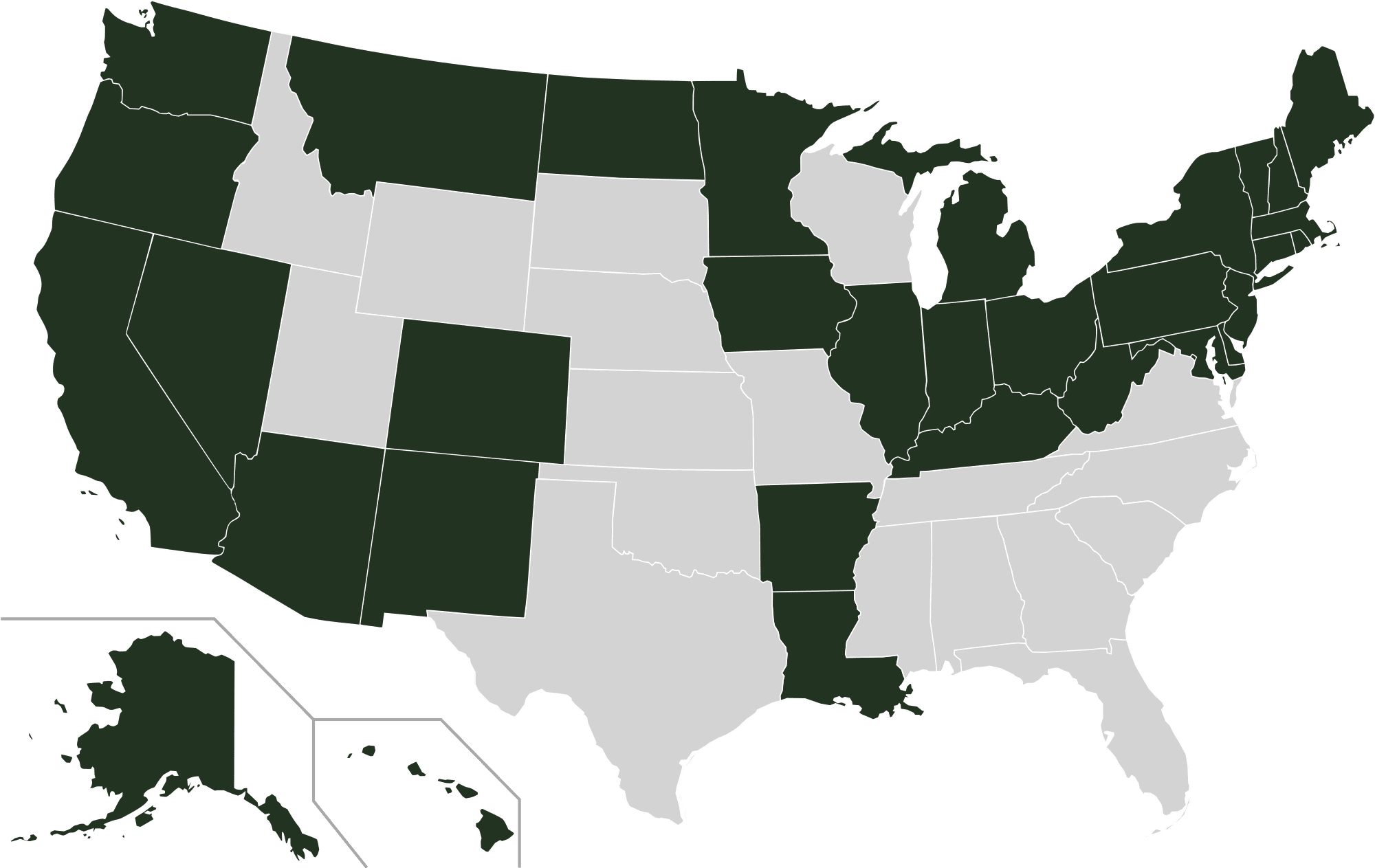The Trump administration gave states the ability to apply work requirements among non-elderly, non-pregnant adult Medicaid beneficiaries who are eligible for Medicaid on a basis other than disability.
The Centers for Medicare & Medicaid Services (CMS) is announcing a new policy designed to assist states in their efforts to improve Medicaid enrollee health and well-being through incentivizing work and community engagement among non-elderly, non-pregnant adult Medicaid beneficiaries who are eligible for Medicaid on a basis other than disability. Subject to the full federal review process, CMS will support state efforts to test incentives that make participation in work or other community engagement a requirement for continued Medicaid eligibility or coverage for certain adult Medicaid beneficiaries in demonstration projects authorized under section 1115 of the Social Security Act (the Act). Such programs should be designed to promote better mental, physical, and emotional health in furtherance of Medicaid program objectives. Such programs may also, separately, be designed to help individuals and families rise out of poverty and attain independence, also in furtherance of Medicaid program objectives.
They explain further.
While high-quality health care is important for an individual’s health and well-being, there are many other determinants of health. It is widely recognized that education, for example, can lead to improved health by increasing health knowledge and healthy behaviors. CMS recognizes that a broad range of social, economic, and behavioral factors can have a major impact on an individual’s health and wellness, and a growing body of evidence suggests that targeting certain health determinants, including productive work and community engagement, may improve health outcomes. For example, higher earnings are positively correlated with longer lifespan.  One comprehensive review of existing studies found strong evidence that unemployment is generally harmful to health, including higher mortality; poorer general health; poorer mental health; and higher medical consultation and hospital admission rates. Another academic analysis found strong evidence for a protective effect of employment on depression and general mental health. A 2013 Gallup poll found that unemployed Americans are more than twice as likely as those with full-time jobs to say they currently have or are being treated for depression.
The Trump administration explains how the idea behind this is to allow for State flexibility.
In its work with states, CMS has identified a number of issues for states to consider as they develop programs to promote work and other forms of community engagement among Medicaid beneficiaries. Each state is different, and states are in the best position to determine which approaches are most likely to succeed, based on their specific populations and resources. In drafting demonstration project applications, states should articulate the reasoning behind their proposal. While CMS will evaluate each demonstration project application on its own merits, we believe the following considerations will facilitate states’ work to develop proposals and allow them to focus their resources on permissible areas of innovation while allowing CMS to maintain its oversight and fiduciary responsibilities.
Â
These programs must line up with requirements from other government programs.
 Individuals enrolled in and compliant with a TANF or SNAP work requirement, as well as individuals exempt from a TANF or SNAP work requirement, must automatically be considered to be complying with the Medicaid work requirements. To the degree that specific good cause exemptions exist in a state TANF or SNAP program, the state should make a reasonable effort to incorporate similar exemptions within a framework for a Medicaid community engagement and work requirement. States should also describe how they will communicate to beneficiaries any differences in program requirements that individuals will need to meet in the event they transition off of SNAP or TANF but remain subject to a Medicaid community engagement or work requirement.
These are the main points in the new Medicaid initiative. The short summary is that the Trump administration is now giving more freedom to States in how they should treat the Medicaid program. They want to allow the States to be flexible and now have Medicaid way them down. Nobody who needs Medicaid will lose coverage over this but it will force anyone wrongfully using the program to meet the requirements or get cut.
Medicaid made up 10% of the Federal Budget in 2016.





